So, you want to know how to gain muscle fast, huh?
Well, you’ve come to the right place!
Ahead, we’ve got 5 things you can start doing right now to put yourself in the best possible position for fast muscle gains.
Now, we realize that you may have read a number of conflicting opinions on the best way to gain muscle fast. Expert A recommends low volume, high intensity training while expert B recommends higher volume training with a bit lower intensities.
Understand that when it comes to building muscle (hypertrophy) there are a number of ways you can accomplish this goal. That’s what makes the process of muscle building great, but also confusing and/or frustrating for many lifters.
Realize that whatever approach you take (lower volume or higher volume), so long as you adhere to these 5 underlying principles, you can gain muscle fast using a variety of approaches.
SHOP CREATINE
Primeval Labs Creatine supplies 5 grams of creatine monohydrate per serving to support athletic performance and muscle growth.

Let’s get started!
5 Ways on How to Gain Muscle Fast
Perform Resistance-Training
There’s no other way to say it if you want to build muscle as fast as possible, you need to perform some kind of resistance training.
Now, that doesn’t mean you have to only perform heavy barbell exercises (though those exercises certainly help), but your training should heavily focus on compound exercises -- squats, deadlifts, presses, rows, etc.
The reason for this is that compound exercises work a tremendous amount of muscle, giving you an excellent “bang” for your exercise “buck.” In addition to working a substantial amount of muscle, compound exercises also allow for greater amounts of overload compared to isolation movements (curls, kickbacks, lateral raises, etc.).
The reason this is important is that progressive tension overload is a key driver for muscle growth. Therefore, if you want to gain muscle fast, then you should want your training program to be comprised of predominantly compound exercises.
Ok, so you know that you need to perform resistance training, but that leads to other questions like:
- How many times per week should I lift weights,
- What is the best training split?
- How many sets and reps should I do?
- How long should I rest between sets?
This is a subject for a whole other article entirely, but the main points are that if you want to gain muscle as quickly as possible, you should:
- Hit each muscle about two times per week
- Perform 10-20 “hard” (“challenging”) sets per muscle group per week
- Hard sets mean you should be training mostly in the 1-3 reps to failure range
- Utilize a variety of rep ranges (5-10, 10-20, 20-30), but bias most of your working sets between the 5-10 and 10-20 rep ranges
- Push for progressive overload in your workouts (i.e. beat last week’s logbook)
Consume Enough Calories
Calories are king when it comes to transforming your body.
What we mean by that is that gaining or losing body weight is primarily a function of the number of calories you consume each day.
To lose weight, you need to consume fewer calories than your body requires each day. On the flip side, to gain weight, you need to consume more calories than your body requires.
Provided you’re performing a sufficient amount of resistance-training (see the previous point), those extra calories will be used primarily to fuel the muscle-building process.
How many calories do you need to eat to build muscle?
Well, to answer that question, you first need to know how many calories you need to eat to maintain your current bodyweight.
To help you figure that you, check out this article, that tells you how to estimate your total daily energy expenditure.
Once you have a rough idea of how many calories you need to maintain, the next question that needs answering is how large of a calorie surplus should you eat?
Unfortunately, there isn’t a one-size-fits all answer to this question, each person’s calorie needs will vary depending on a number of factors including their age, activity level, training experience, etc.
Leaner individuals, as well as those who are less experienced with training, can get away with slightly larger calorie surpluses than those who are more experienced and/or are carrying around a bit more body fat.
To put some numbers to the situation, we can glean insight from a very recent review paper by Helms and colleagues which states:
“practitioners are advised to start conservatively with an energy surplus within the range of ~1,500–2,000 kJ·day−1 and closely monitor response to the intervention, using changes in body composition and functional capacity to further personalize dietary interventions.”[1]
In other words, if you want to gain muscle, you should start with a calorie surplus between 350 - 480 calories per day and adjust up or down based on how your body composition changes over the weeks.
Consume Enough Protein
After accounting for total daily calorie intake, the next most important factor of nutrition for muscle building is set up the proper macronutrient ratios.
From a body composition standpoint, protein takes precedence.
The reason for this is that protein provides the building blocks (amino acids) needed to synthesize muscle tissue. And, since resistance training breaks down muscle tissue, consuming sufficient amounts of protein is paramount to not only your ability to repair the damage done from training but also to provide the extra amounts required to support the synthesis of new muscle fibers.
Now, you might think you need to be pounding back plates and plates of protein, but that’s simply not the case.
Consuming significantly greater amounts of protein than the body needs to support muscle building doesn’t lead to that much greater muscle growth.
Research to date suggests that at a daily intake of at least ~1.6 g protein/kg/d appears to be optimal for building muscle. The upper limit of protein intake that may yield muscle-building benefit is ~2.2 g protein/kg/d.[2]
In other words, in order to gain muscle fast, you want to consume between 0.8-1 gram of protein per pound of body weight per day.
Now, you can certainly eat more protein than 1 gram per pound per day, but it will not confer additional muscle growth.
If you further want to optimize things, you will want to evenly divide your total daily protein requirements across 3-5 meals.
For simplicity sake, let’s say you eat four times per day. This means you will want to consume between 0.4-0.55 g/kg/meal.
Sleep 7-9 Hours Per Night
Quite possibly the most underrated and overlooked facet of muscle building is sleep.
Sleep is the time when your body does the majority of its growth, repair, and recovery.
In other words, if you’re shortchanging your sleep, you’re shortchanging your ability to gain muscle fast.
Sleep deprivation has been shown to have a number of effects on the body that runs counter to muscle building, including[3,4,5,6]:
- Impaired glucose tolerance
- Diminished insulin sensitivity
- altered carbohydrate metabolism
- Decreased testosterone levels
- Worse athletic performance
- Increased fatigue
- Decreased stamina
- Poor focus and concentration
There’s no two ways about it, if you want to gain muscle as fast as possible, you need to get quality sleep each and every night.
If you have trouble sleeping soundly, consider implementing a few of these tips:
- Institute a nighttime routine (i.e. go to bed at the same time every night)
- Limit blue light exposure (smartphones, tablets, TV, LEDs, etc.) 2 hours before bed
- Avoid reading email or other stressful things before bed
- Keep your bedroom cool (~65-68℉) and as dark as possible
- Perform some light stretching or yoga to unwind and relax
- Have a cup of non-caffeinated herbal tea or a serving of EAA Sleep prior to bed to help lull your body into a state of relaxation
Use the Right Supplements
We won’t kid you, there’s a lot of garbage supplements on the market that masquerade as “muscle builders” when in reality they’re nothing more than wallet drainers.
However, amidst all the overblown hype and claims are a few standout ingredients that have been shown to help individuals build more muscle.
Creatine Monohydrate
At the top of the list is creatine monohydrate.
No supplement has been more extensively studied or proven successful than creatine. There’s a reason it’s called the “king” of bodybuilding supplements after all…
Now, be aware that creatine doesn’t directly build muscle. What it does is that it enhances cellular hydration as well as your body’s ability to rapidly regenerate ATP. As a result of these actions, you’re able to perform a greater total amount of work compared to what you could without creatine.
As a result of this increased work output (more sets, more reps, more weight lifted), you build more muscle.
In fact, one study noted that supplementing with creatine may help athletes complete 14% percent more reps than without using it.[7] Over time, these effects compound, leading to more work done, and more gains made.
For the best results, opt for creatine monohydrate, the most extensively researched (as well as the most affordable) form of the supplement there is.
Caffeine
Similar to creatine, caffeine has also been extensively studied and shown to be both safe and effective for individuals when used at a reasonable dose.
Caffeine is a stimulant that increases energy, alertness, and motivation while simultaneously helping reduce perceived exertion and the onset of fatigue.[8]
In other words, supplementing with caffeine may help you to train longer (thereby completing more work) before tiring and needing to rest.
Furthermore, caffeine has also been shown to enhance glycogen resynthesis during the recovery phase of exercise.[8]
No supplement is more synonymous with caffeine than pre workout.
Mega Pre Red is our high energy pre workout specifically formulated to support athletic performance, focus, and endurance while helping resist the onset of fatigue.
Protein Powder
Similar to caffeine and creatine, consuming protein powder won’t magically build more muscle.
What protein powder does do is supply an affordable, readily accessible, easy-to-prepare, and highly bioavailable source of protein.
As we stated above, consuming enough protein is paramount to building muscle as quickly as possible.
Furthermore, a number of studies have shown that when individuals supplement with protein powder, they build more muscle.[9,10,11]
Our preferred choice of protein powder is whey protein, more specifically whey protein isolate.
That’s why we created ISOLIT.
ISOLIT contains only whey protein isolate, which means it contains a minimum 90% protein by mass. Each serving of ISOLIT supplies 25 grams of protein per serving along with very low amounts of carbohydrates and fat. We’ve even included a comprehensive digestive enzyme blend to facilitate greater nutrient absorption.
The Bottom Line on How to Gain Muscle Fast
Building muscle is a time- and labor-intensive process, and there’s only so much muscle you can build at a certain time.
However, there are a few things you can do each and every day to set yourself up for maximum muscle growth as quickly as possible, including:
- Performing resistance training
- Consuming enough calories
- Eating sufficient dietary protein
- Getting enough sleep
- Using the right supplements
After that, it all boils down to consistency, effort, and dedication on your part!
References
- Slater, G. J., Dieter, B. P., Marsh, D. J., Helms, E. R., Shaw, G., & Iraki, J. (2019). Is an Energy Surplus Required to Maximize Skeletal Muscle Hypertrophy Associated With Resistance Training . Frontiers in Nutrition . Retrieved from https://www.frontiersin.org/article/10.3389/fnut.2019.00131
- Schoenfeld, B. J., & Aragon, A. A. (2018). How much protein can the body use in a single meal for muscle-building? Implications for daily protein distribution. Journal of the International Society of Sports Nutrition, 15(1), 10. https://doi.org/10.1186/s12970-018-0215-1
- Fullagar, H. H. K., Skorski, S., Duffield, R., Hammes, D., Coutts, A. J., & Meyer, T. (2015). Sleep and athletic performance: the effects of sleep loss on exercise performance, and physiological and cognitive responses to exercise. Sports Medicine (Auckland, N.Z.), 45(2), 161–186. https://doi.org/10.1007/s40279-014-0260-0
- VanHelder, T., & Radomski, M. W. (1989). Sleep deprivation and the effect on exercise performance. Sports Medicine (Auckland, N.Z.), 7(4), 235–247. https://doi.org/10.2165/00007256-198907040-00002
- Leproult R, Van Cauter E. Effect of 1 week of sleep restriction on testosterone levels in young healthy men. JAMA. 2011;305(21):2173–2174. doi:10.1001/jama.2011.710
- Knowles, O. E., Drinkwater, E. J., Urwin, C. S., Lamon, S., & Aisbett, B. (2018). Inadequate sleep and muscle strength: Implications for resistance training. Journal of Science and Medicine in Sport, 21(9), 959–968. https://doi.org/10.1016/j.jsams.2018.01.012
- Rawson, E. S., & Volek, J. S. (2003). Effects of creatine supplementation and resistance training on muscle strength and weightlifting performance. Journal of Strength and Conditioning Research, 17(4), 822–831.
- Goldstein, E. R., Ziegenfuss, T., Kalman, D., Kreider, R., Campbell, B., Wilborn, C., Antonio, J. (2010). International society of sports nutrition position stand: caffeine and performance. Journal of the International Society of Sports Nutrition, 7(1), 5. https://doi.org/10.1186/1550-2783-7-5
- Pasiakos, S. M., McLellan, T. M., & Lieberman, H. R. (2015). The effects of protein supplements on muscle mass, strength, and aerobic and anaerobic power in healthy adults: a systematic review. Sports Medicine (Auckland, N.Z.), 45(1), 111–131. https://doi.org/10.1007/s40279-014-0242-2
- Cintineo HP, Arent MA, Antonio J, Arent SM. Effects of Protein Supplementation on Performance and Recovery in Resistance and Endurance Training. Front Nutr. 2018;5:83. Published 2018 Sep 11. doi:10.3389/fnut.2018.00083
- Stark M, Lukaszuk J, Prawitz A, Salacinski A. Protein timing and its effects on muscular hypertrophy and strength in individuals engaged in weight-training. J Int Soc Sports Nutr. 2012;9(1):54. Published 2012 Dec 14. doi:10.1186/1550-2783-9-5


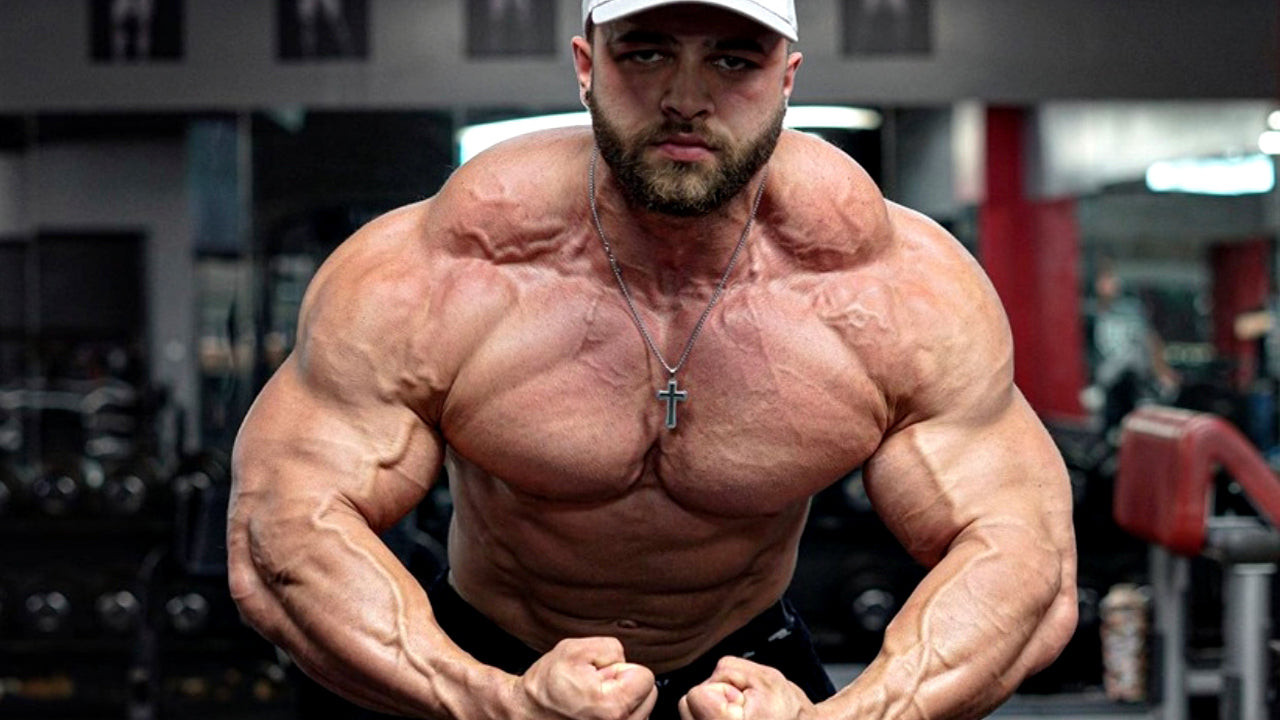

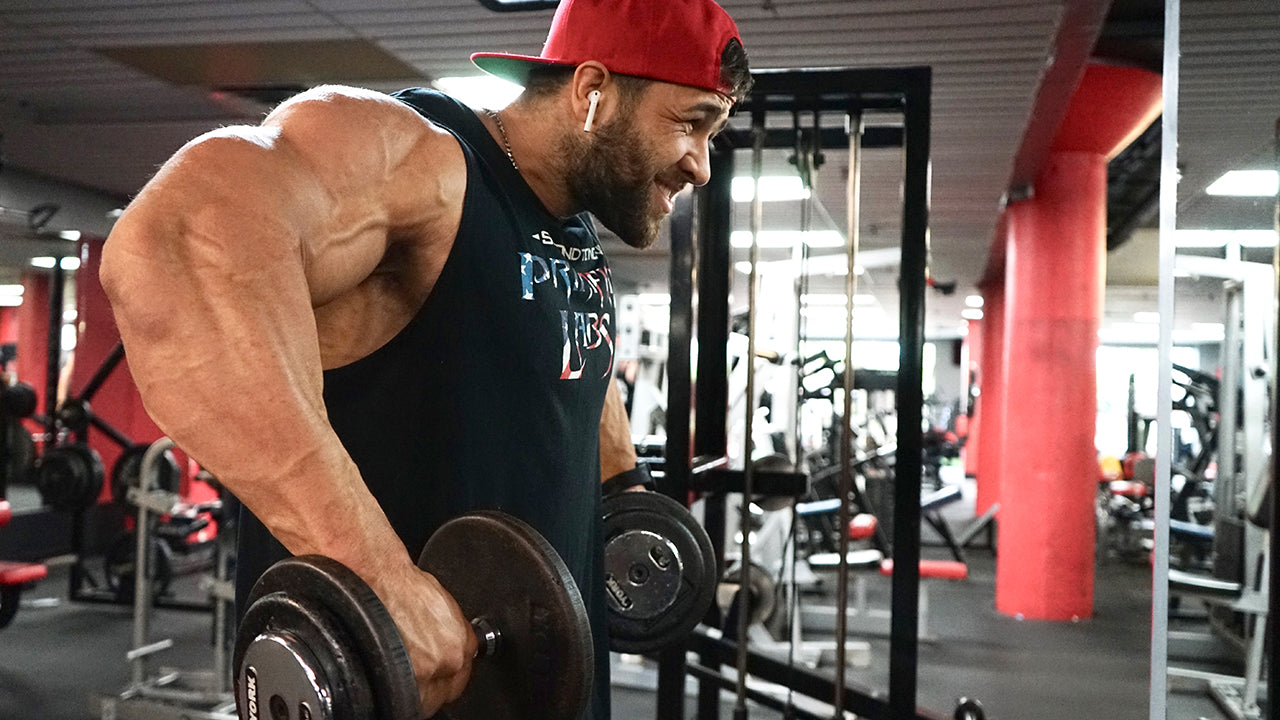

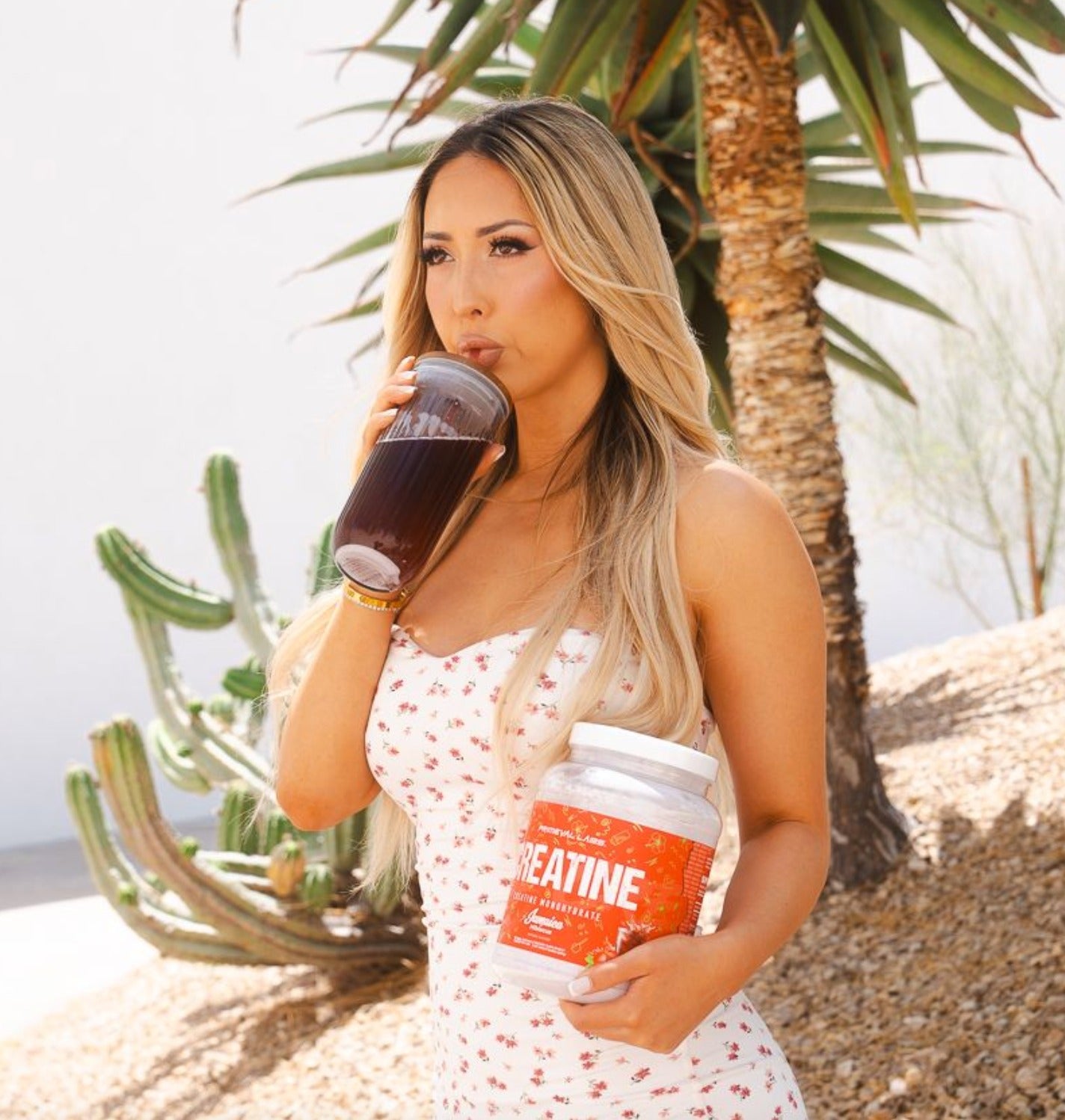
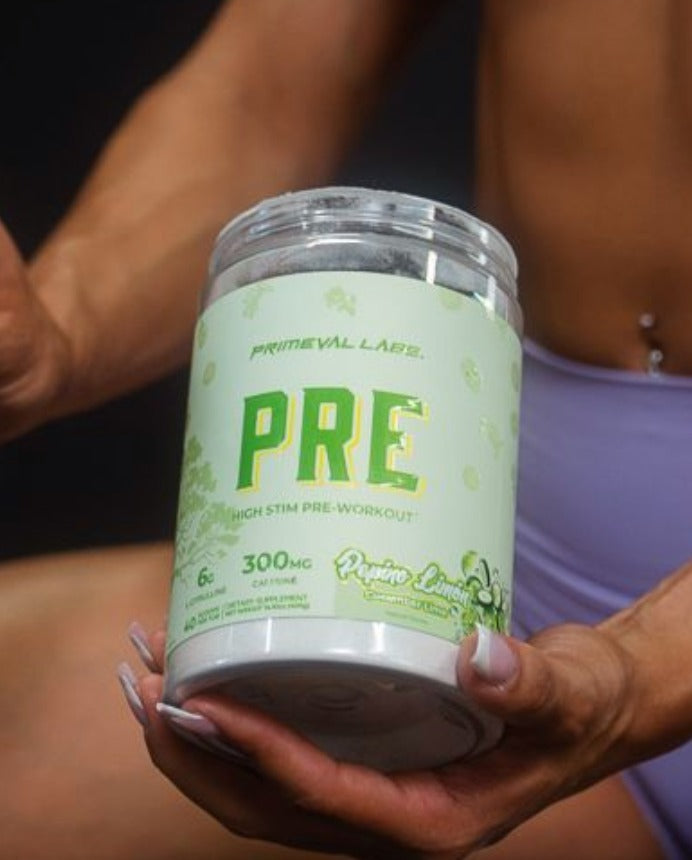
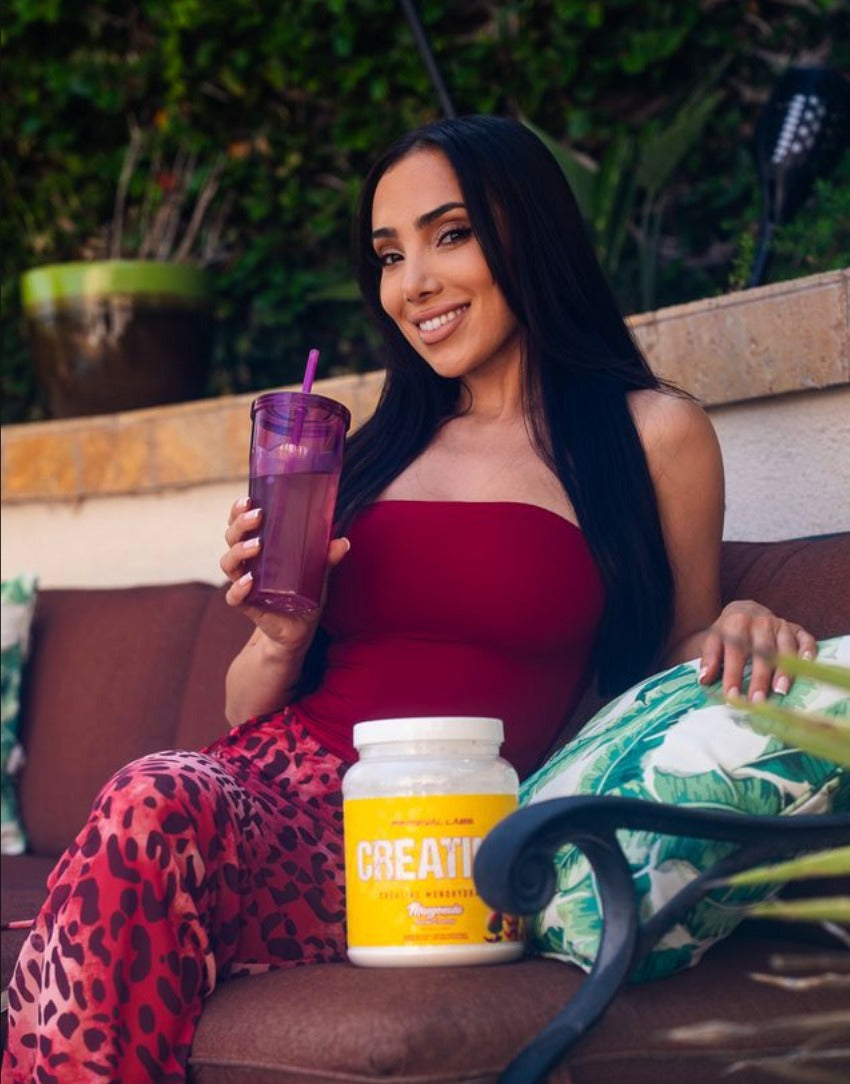

Leave a comment
This site is protected by hCaptcha and the hCaptcha Privacy Policy and Terms of Service apply.